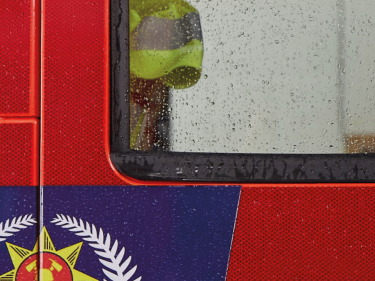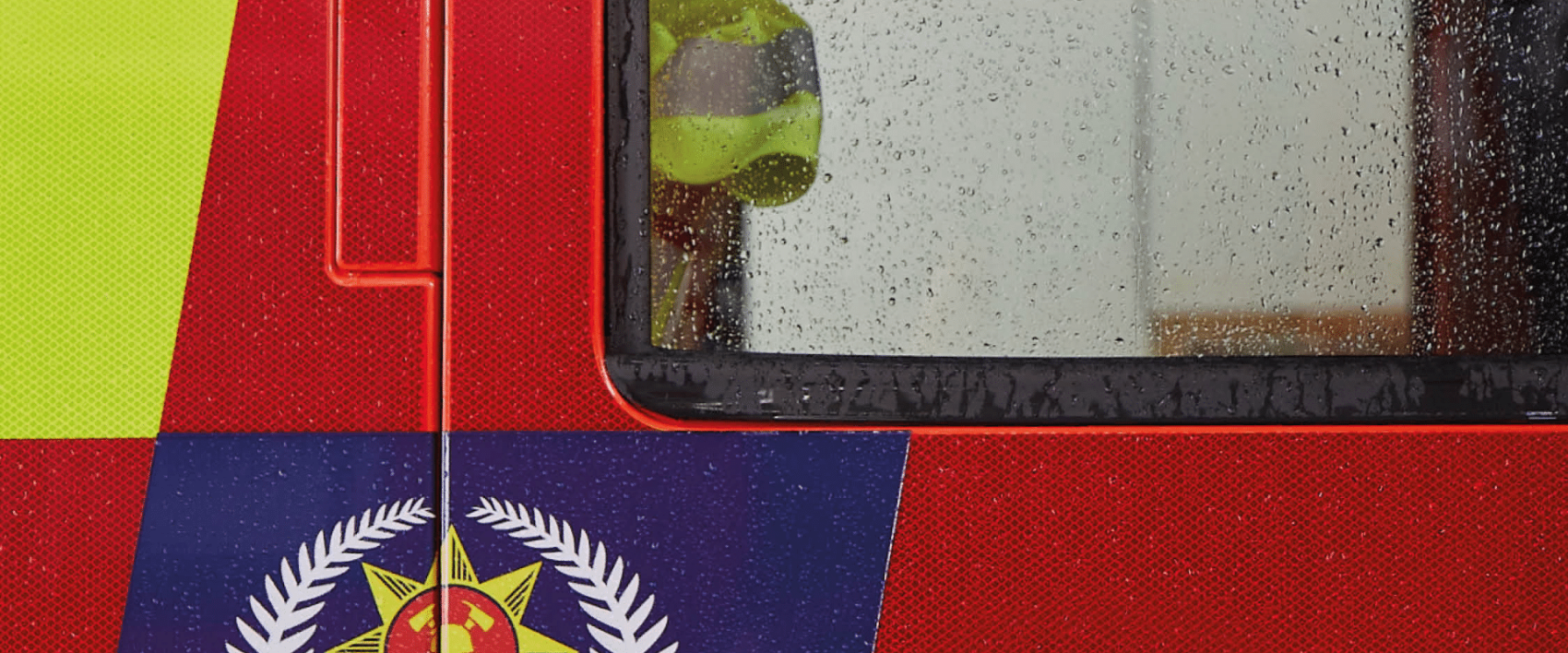The Collective Agreement between Fire and Emergency New Zealand and the Fire Emergency Commanders Association (FECA) covers those in operational firefighting management, District/Group Manager and senior specialist positions. These positions lead our operational workforce in their work with communities and in response to emergency events.
FECA and Fire and Emergency New Zealand agreed on a new collective agreement in October 2023.
Pay and conditions for operational firefighting management, District/Group Manager and senior specialist positions:
Pay varies across these roles due to the wide range of duties, responsibilities and specialist skills many of these roles entail. Most employees benefit from pay progression within their pay band as well as an annual review of the pay band. Base salary for District-based operational managers ranges from $151,000-$202,000.
Most FECA members are eligible to participate in the Fire Superannuation Scheme. Employees in this scheme can contribute up to six percent of their salary with their contributions matched by Fire and Emergency at $1.52 for every dollar put in by the employee. For those participating in KiwiSaver, Fire and Emergency will match employee contributions up to six percent of base salary.
On-call allowances are available for formal rostered on-call arrangements. There is also an availability allowance for roles that are required to give out of hours availability.
After five years of service with Fire and Emergency, employees’ annual leave entitlement increases to five weeks per year.
Employees are able to take sick leave as needed. This can be capped at six months for long term sickness. Employees receive long service leave of 28 days after 20 years of service.
An annual physical competency allowance of 2.82% is paid to executive officers and managers who are required to undertake the Physical Competency Assessment (PCA).
Support to access baseline health testing is offered, as is reimbursement of up to $2,600 for income and life insurance.














